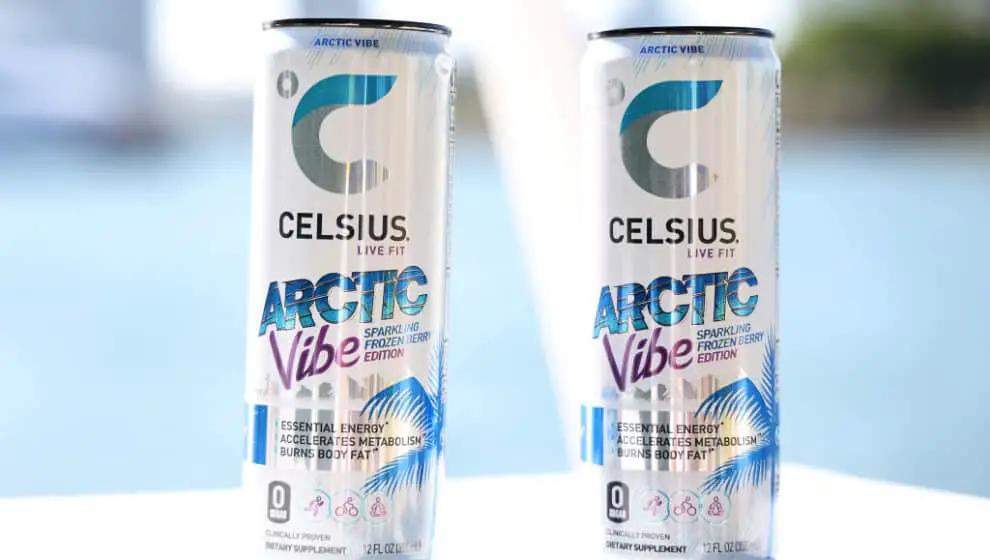Though once mostly popular among teens and college students, energy drinks are seeing a spike in popularity across all demographics.
Key Details
- This August energy drink sales were 17% higher than the year before.
- Since 2019, sales have risen 56%, Rachel Wolfe reports in The Wall Street Journal.
- Many use energy drinks as a coffee replacement, giving a boost of energy in the morning or late afternoon. Now, as more energy drinks offer low content and sugar-free options, more customers view the drink as a healthful alternative.
- New varieties of energy drinks include vitamins, fruit, and other seemingly healthful options, yet doctors still warn that the drinks can be dangerous.
Why it’s news
Though Red Bull and Monster still dominate the energy-drink market, more varieties are beginning to emerge, a testament to the growing demand.
In August, PepsiCo bought an 8.5% stake in energy drink company Celsius and arranged a deal to become the drink’s main distributor. Celsius as a company is still relatively new to the market, yet it has seen massive growth. Celsius’s sales nearly tripled just in the first half of 2022, reports The Wall Street Journal.
Despite the growing popularity, skeptics and doctors still call the safety of the drinks into question. Some energy companies now substitute sugar with alternatives, but even these options have been linked to higher blood pressure.
Backing up a bit
The National Institute of Health warns about the safety of energy drinks, especially for children.
“A growing body of scientific evidence shows that energy drinks can have serious health effects, particularly in children, teenagers, and young adults,” the NIH warns.
Energy drinks have also been linked to heart and blood vessel issues including rhythmatic, rate, and blood pressure issues. Caffeine could also cause potential harm to children as their cardiovascular and nervous systems are still developing.
In addition to these physical side effects, high caffeine consumption is also linked to anxiety and sleep disruption, a particular problem for teens.
Despite health concerns, the demand for drinks is rising, and beverage companies are responding by developing their own energy drinks.
In addition to its partnership with Celsius, PepsiCo has released Mountain Dew Energy and is partnering with Starbucks to release the coffee chain’s own line of energy drinks. Gatorade’s drink, Fast Twitch, is expected to be released in February.
